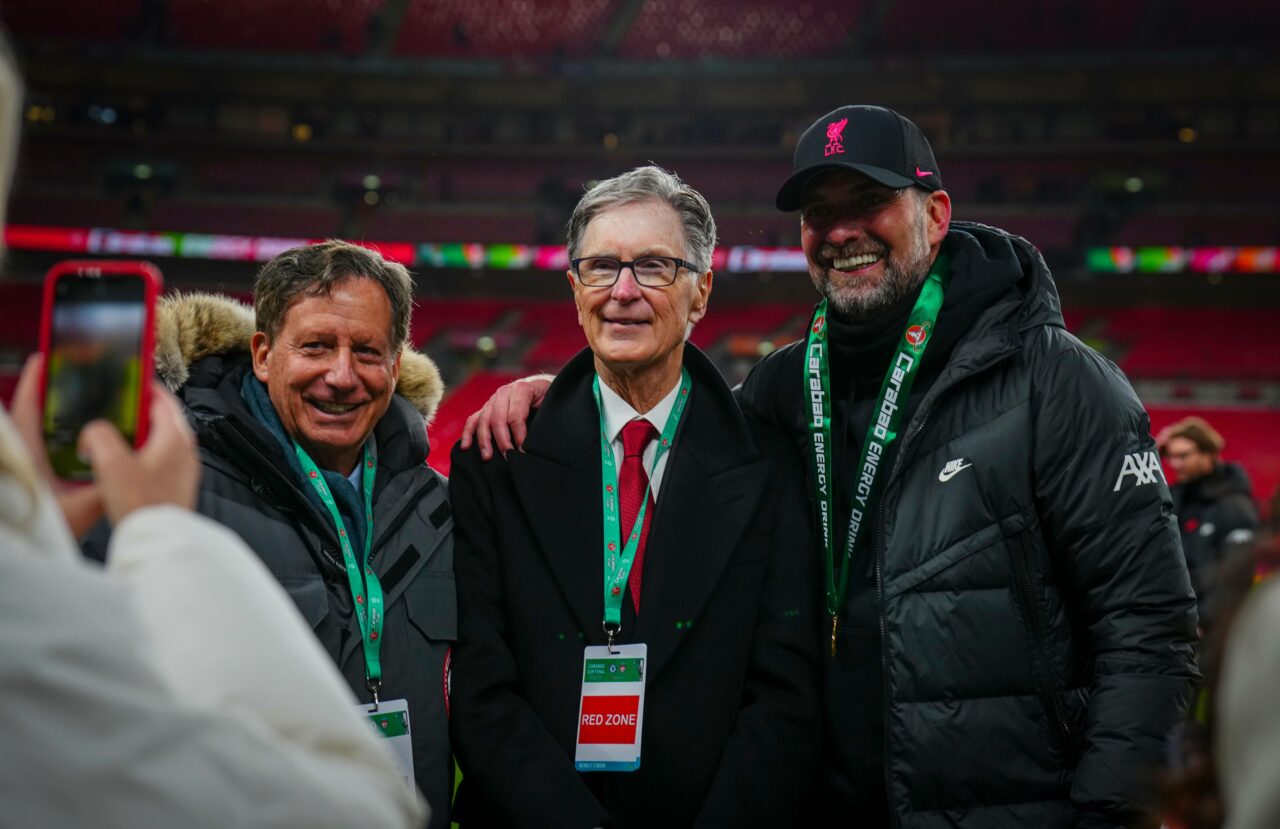Premier League Games in the US: Liverpool FC’s Ownership at Odds
In a recent Forbes feature, the internal differences between Liverpool FC’s key figures, Chairman Tom Werner and Principal Owner John W. Henry, regarding playing Premier League games abroad have been brought to light. While Werner is enthusiastic about the idea, Henry remains decidedly opposed, underlining a division beyond boardrooms and touching the core of football’s cultural and competitive integrity.

Diverging Visions Within Liverpool FC
Tom Werner, Liverpool’s chairman, has expressed a strong desire to host Premier League matches in the United States, an ambition that starkly contrasts with the views of John W. Henry, the club’s principal owner. “I’m determined one day to have a Premier League game be played in New York City,” Werner stated, envisioning a global celebration of the league across multiple cities worldwide on the same day. This bold vision, however, does not resonate with Henry, who maintains that moving games abroad is not something he advocates or is particularly interested in. This divergence is noteworthy as it showcases the varying perspectives on globalization within the same ownership group.
Fan Engagement and Commercialization: A Delicate Balance
The debate on international Premier League games is intensified by the financial allure such matches would present. The prospect, as Werner admits, could offer significant commercial benefits. However, it also raises concerns about alienating local fanbases and potentially eroding club identities. The fear that clubs might lose connection with local communities—a connection nurtured over decades—is palpable among supporters. Henry’s reluctance likely stems from an acute awareness of these cultural ties, especially considering the backlash he faced during the European Super League debacle.
Integrity of Competition and Home Advantage
One of the core arguments against hosting domestic league games abroad is the impact on the sport’s competitive integrity. Premier League fixtures are structured to ensure each team plays at home and away against every other team, a format that contributes to the league’s unpredictability and fairness. Disrupting this format by designating ‘home’ games in international venues could skew the perceived advantage that home teams typically enjoy.
Future Prospects and Fan-Centric Considerations
Despite the differing opinions within Liverpool’s ownership, the movement towards international games seems driven by a relentless commercial momentum. Forbes’ discussion highlights the inevitability of such developments in the face of lucrative global markets. However, Werner’s suggestion to facilitate fan travel to international venues, though well-meaning, may not fully address the broader concerns of fan dislocation and the commercialization of the sport.
The ongoing discourse at Liverpool reflects a broader conversation in football about growth, profit, and preserving clubs’ souls. While the allure of financial gains is strong, the essence of football remains rooted in its communities and traditions, as demonstrated by Henry’s stance.



